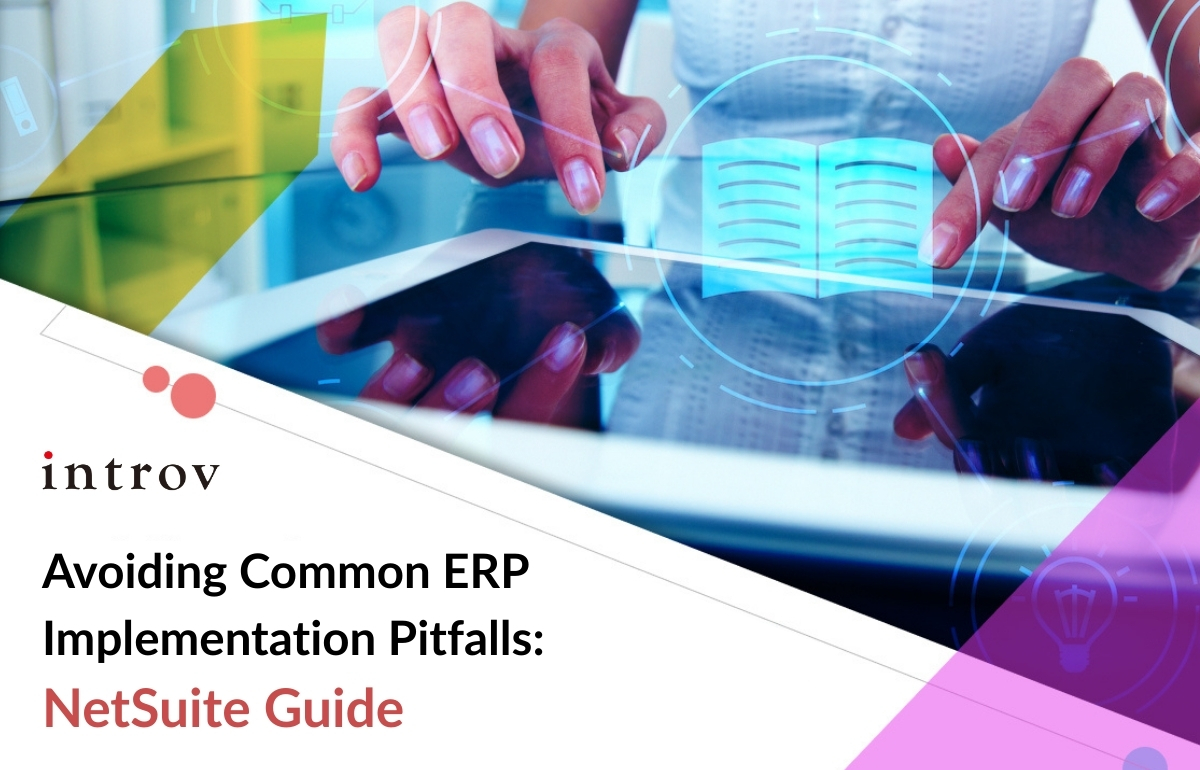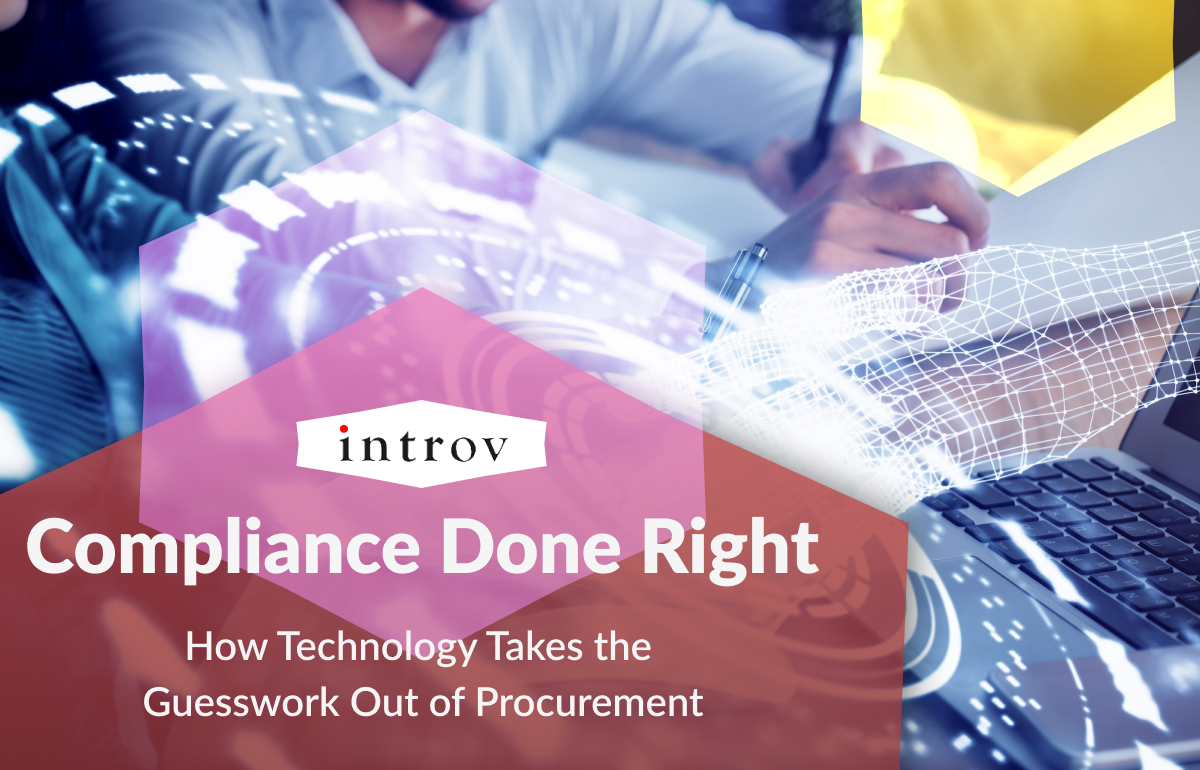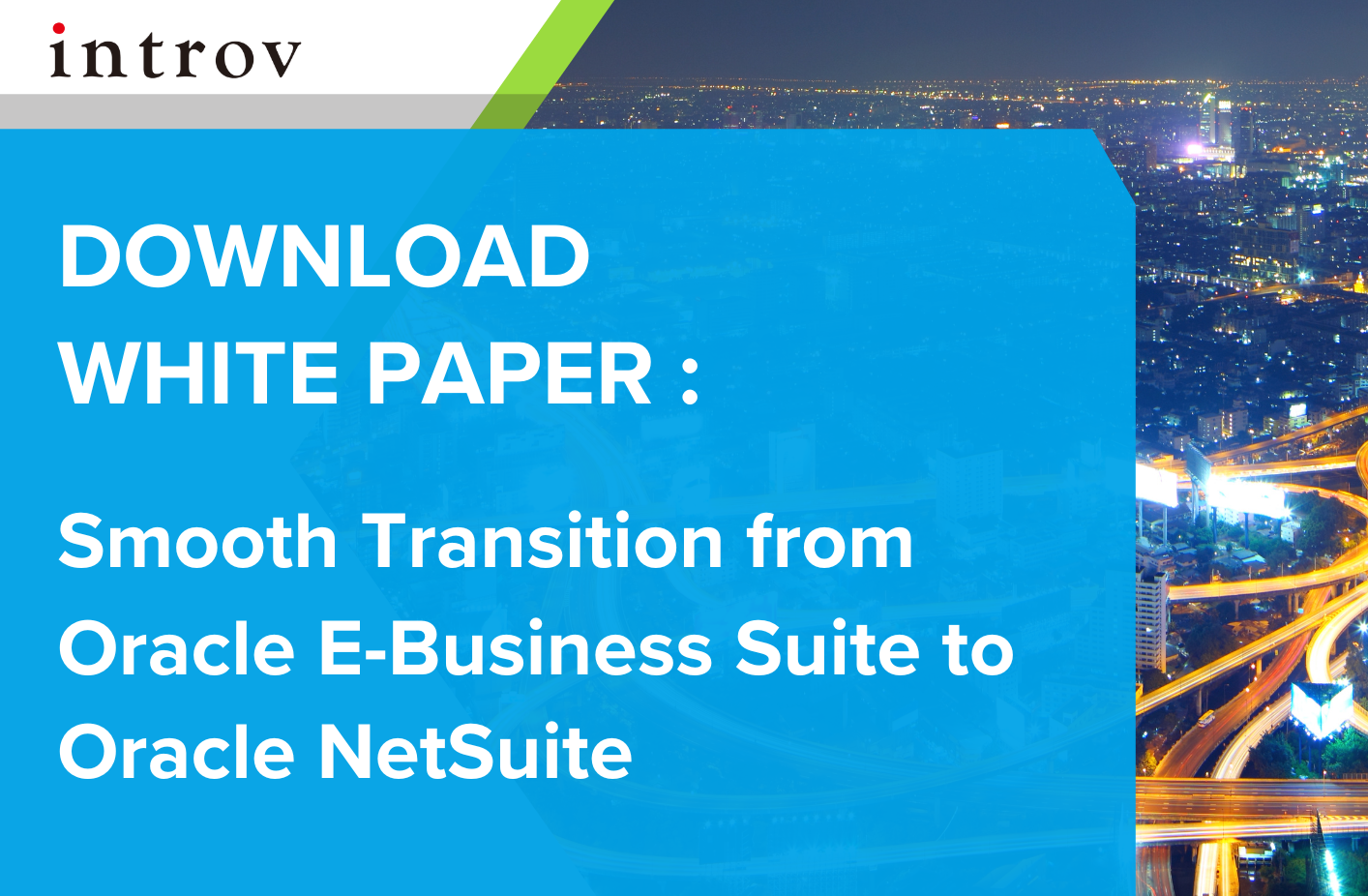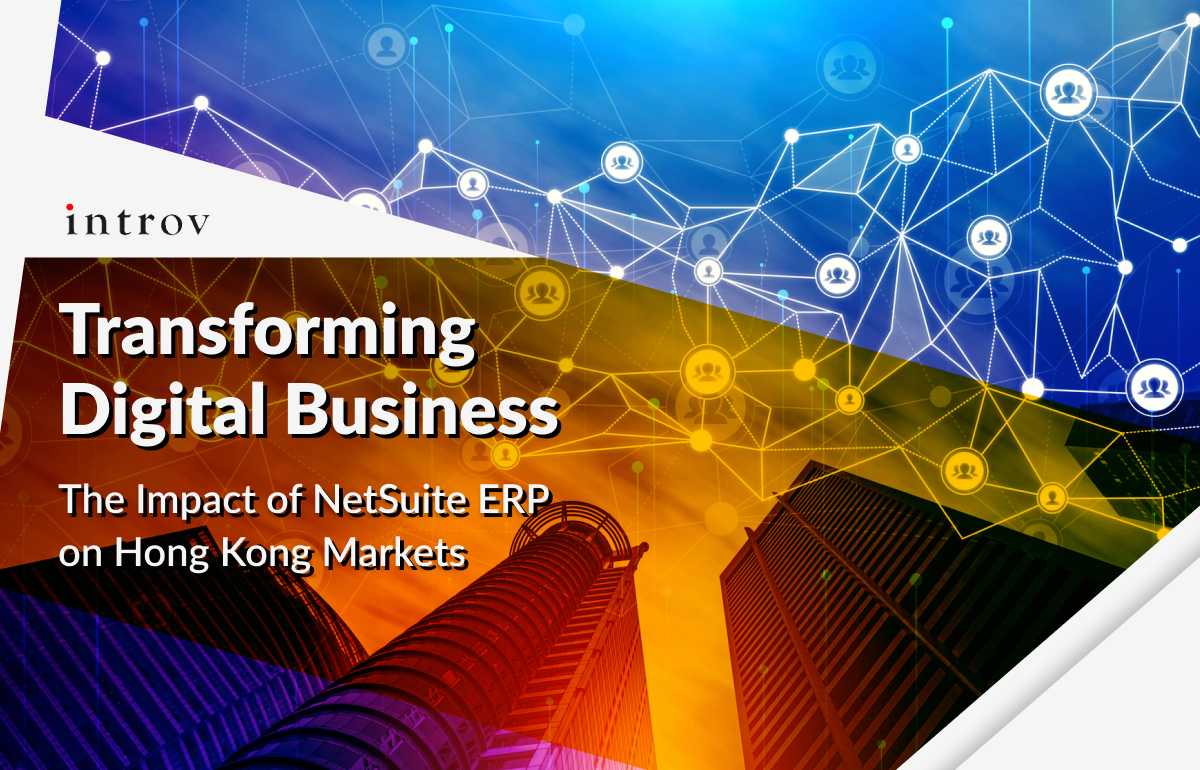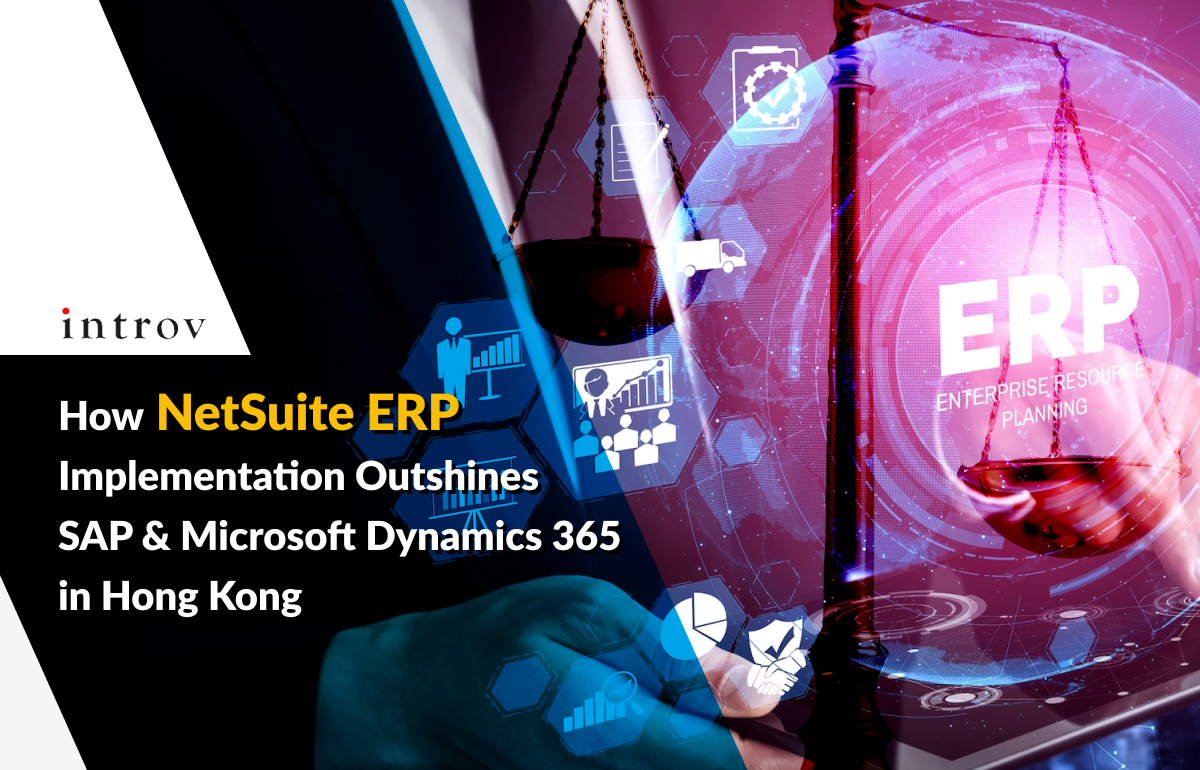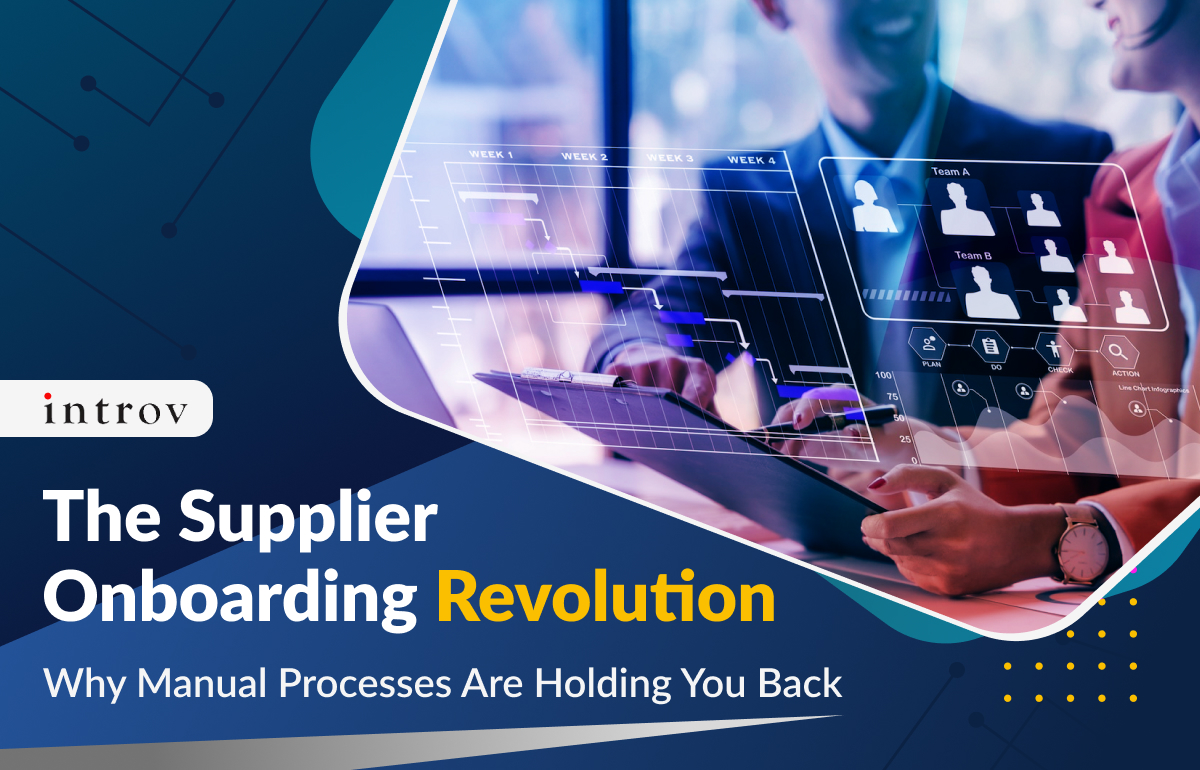
As we step into 2025, the landscape of Enterprise Resource Planning (ERP) systems is transforming at an unprecedented pace. Businesses are increasingly relying on these powerful systems to streamline operations, enhance decision-making, and drive growth. Here, we explore the key trends and predictions shaping the future of ERP in 2025.
1. AI and Machine Learning Integration
Artificial Intelligence (AI) and Machine Learning (ML) are no longer buzzwords; they’re fundamental components of modern ERP systems. In 2025, these technologies are driving intelligent automation, offering predictive analytics, and providing actionable insights. By learning from historical data, ERP systems can now predict demand, optimize inventory, and even suggest process improvements, enabling businesses to operate more efficiently than ever before.
2. Emphasis on Cloud-Based Solutions
The shift towards cloud-based ERP solutions continues to gain momentum. Businesses are increasingly favoring the cloud for its scalability, flexibility, and cost-effectiveness. In 2025, cloud ERP systems are expected to dominate the market, offering seamless integration with other cloud services and providing remote access to real-time data. This makes it easier for businesses to adapt to changing needs and scale operations without significant upfront investments.
3. Enhanced User Experience
User experience is at the forefront of ERP development in 2025. Vendors are focusing on intuitive interfaces, mobile accessibility, and personalized dashboards to ensure users can easily navigate complex systems. The goal is to make ERP tools as user-friendly as possible, minimizing the learning curve and maximizing productivity.
4. Integration with IoT Devices
The Internet of Things (IoT) is playing a pivotal role in the evolution of ERP systems. In 2025, ERP platforms are leveraging IoT data to provide real-time insights into operations. From monitoring equipment performance to tracking supply chain logistics, IoT integration empowers businesses with accurate, up-to-date information that informs strategic decision-making.
5. Focus on Cybersecurity
As ERP systems become more interconnected and data-driven, cybersecurity remains a top priority. In 2025, businesses are investing heavily in advanced security measures to protect sensitive information from cyber threats. This includes implementing robust encryption, multi-factor authentication, and regular security audits to ensure data integrity and compliance with regulatory standards.
6. Sustainability and Green ERP Solutions
Sustainability is increasingly influencing ERP development. Companies are seeking ERP solutions that help them track and reduce their environmental impact. In 2025, expect to see ERP systems that offer features for monitoring energy consumption, waste management, and carbon emissions, enabling businesses to meet their sustainability goals and comply with environmental regulations.
7. Industry-Specific Customization
ERP systems are becoming more tailored to specific industries, offering features and functionalities that address unique challenges. Whether it’s manufacturing, healthcare, retail, or finance, industry-specific ERP solutions are designed to optimize operations and drive efficiency in sector-specific contexts.
Strategic Implementation and Achievable Wins
As these ERP trends pave the way forward, businesses should focus on implementing changes that provide immediate benefits. Begin with enhancements that can quickly yield results: Evaluate how accessible your ERP system is on mobile devices, as improvements here can significantly boost user engagement and efficiency. Additionally, identify manual, labor-intensive tasks that could be streamlined through AI-driven automation, like automating invoice processing or refining inventory predictions. These strategic adjustments often deliver a return on investment in a relatively short timeframe.
For organizations just starting their ERP modernization journey, prioritizing cloud migration and establishing foundational automation capabilities is key. These steps lay the groundwork for more sophisticated features like AI analytics and IoT connectivity down the line. Remember, the journey to a modernized ERP system is about steady progress—incremental improvements in critical areas can lead to substantial business advantages.
The future of ERP in 2025 is exciting and full of potential. With advances in AI, cloud computing, IoT, and a heightened focus on user experience and security, ERP systems are poised to become even more integral to business success. By prioritizing implementation strategies and embracing these trends, businesses can leverage ERP technology to not only survive but thrive in an increasingly competitive landscape.







